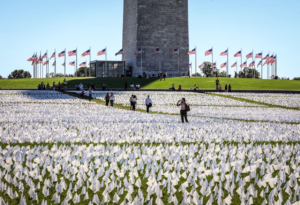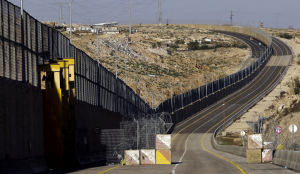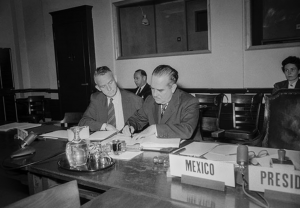As many states begin their new legislative sessions, it’s always fascinating to see the bills related to human trafficking and sexual abuse, and the coalitions that form around this legislation. Observing who supports and opposes certain bills can be revealing, particularly in the ongoing debate between those who seek to abolish exploitation and those who defend pro-prostitution stances.
One of the most baffling aspects of this debate is when self-identified survivors of human trafficking testify against legislation aimed at protecting other survivors or children, and justify their opposition by aligning it with pro-prostitution practices. This creates a rift in the anti-trafficking movement, where the focus shifts from ending exploitation to protecting the interests of those advocating for prostitution, regardless of whether the individuals involved are adults or children.
We already have federal laws that define what constitutes human trafficking, who qualifies as a survivor, and the distinction between prostitution and trafficking. While not all sex work is trafficking, forced sexual or labor work undeniably is. So, why do we continue to conflate the two?
Prostitution and Trafficking: Two Separate Issues
Under anti-trafficking laws, sex work by choice is not legally classified as trafficking. Yet, some advocacy groups attempt to blur the lines between the two by defending both as part of the same movement. It’s crucial to advocate for protections for all individuals engaging in sex work—because no one should be subject to abuse or violence. But when we also extend these protections to the buyers of trafficked victims, we undermine the very essence of what anti-trafficking laws are designed to achieve.
Fighting against laws that protect children from adult buyers reveals a stance that supports a system perpetuating cycles of abuse and trauma. It raises the question: Are we truly working to end trafficking, or are we enabling the same systems that exploit vulnerable individuals in the first place?
Survivors’ Role in the Movement
What’s even more perplexing is when survivors who claim to have done the deep mental health work to heal from their own trauma continue to stand with pimps and buyers who perpetuate the system of cyclical abuse. Advocating for the protection of buyers—especially those who exploit children—under the guise of not wanting to penalize them, raises significant concerns. How does this approach address the lifetime of trauma, self-hate, and exploitation that so many child and adult survivors endure?
Many survivors, understandably, have a deep distrust of the system. They may repeat the rhetoric used by pimps against their victims—that the system doesn’t care, won’t help, and is rigged against them. But if survivors are actively working against legislation aimed at protecting victims, while not providing tangible resources or alternatives, how is their message any different from that of their exploiters? The system they are upholding continues to exploit victims with few to no options for escape.
The Line Between Anti-Trafficking and Pro-Prostitution Work
If you’re not advocating for real change—sacrificing personal gain, finding alternatives to end exploitation, or working to provide resources for victims—then it’s time to reconsider your role in the anti-trafficking movement. Most survivors want help to leave exploitation behind, not to see the system that hurt them perpetuated.
What we’re seeing from some corners of the anti-trafficking movement isn’t truly about ending trafficking. It’s about protecting pro-prostitution practices. That may be your cause, but it shouldn’t be done at the expense of children and adult survivors who have experienced horrific trauma. If you’re not here to dismantle the system that profits from human exploitation, then it’s time to step away from the anti-trafficking movement.
True anti-trafficking work seeks to abolish all forms of exploitation, offer survivors real opportunities to rebuild their lives, and ensure that future generations are protected from being victimized by this system. Let’s keep the focus on those who need it most and refuse to allow the voices of exploitation to drown out the real message: end trafficking, protect survivors, and stop the cycle of abuse.




